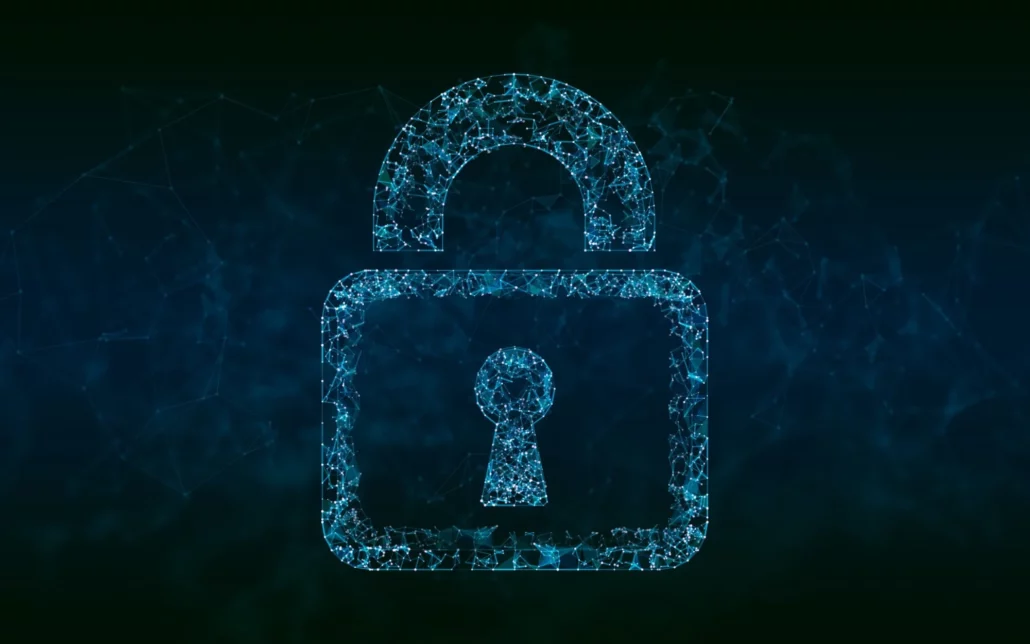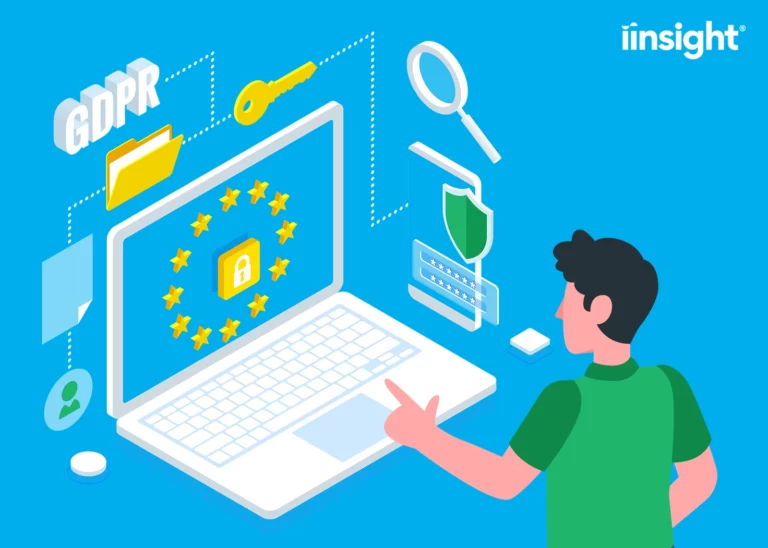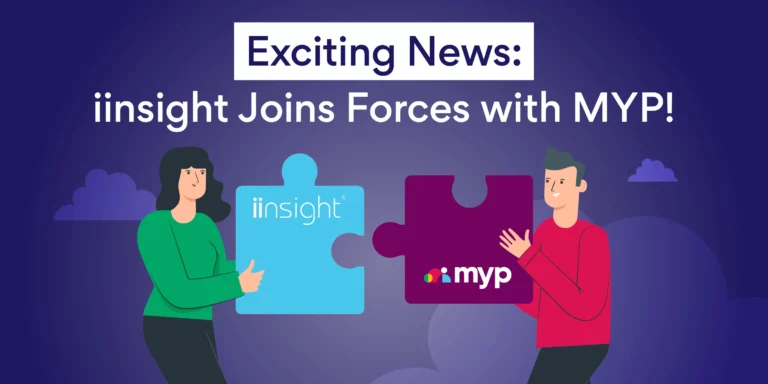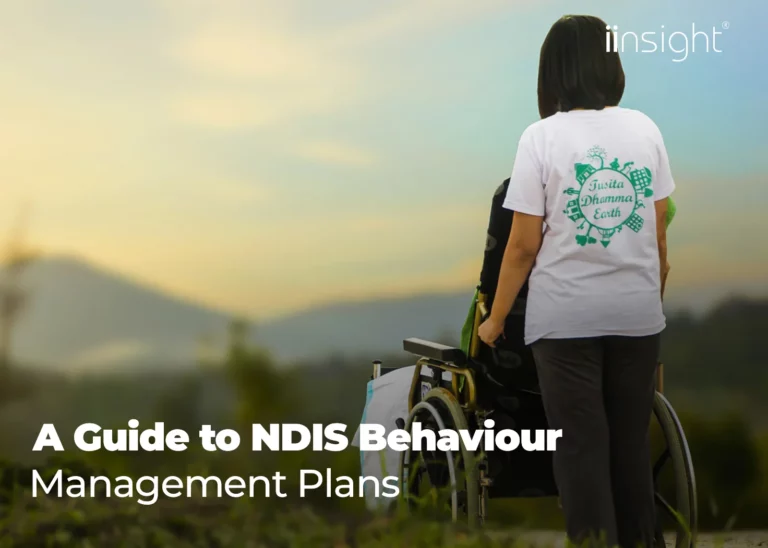Cyber hackers have gotten smarter. They use various tools to infiltrate companies and get access to sensitive data.
These hackers can devastate any business. Many small businesses never recover from a cyberattack.
We can’t overstate the importance of cybersecurity. It’s your company’s last barrier of defense between you and hackers.
Cybersecurity is as vital as locking your doors before closing shop. We’ll share the importance of staying protected and provide some cybersecurity tips too.
The Consequences Reveal the Importance of Cybersecurity
A cyberattack carries many consequences. The immediate consequence is what hackers do to your digital structure.
They can delete important files, steal patient records, and even take your funds. A hacker’s possibilities depend on how much data they can access after infiltration.
Customers trust you with protecting privacy. When they give you records, they want to ensure no one else can access them. Failing to protect yourself from hackers can make private patient records public.
A cyberattack costs considerable money. You’ll have to hire cybersecurity experts to assess what happened.
You’ll also have to find out how hackers got into your system and close the holes. It takes a lot of work to perform these tasks. A cyber attack keeps you away from your business long after the hackers strike.
Businesses must also notify all of their customers about a breach. This legal requirement erodes trust and can lead to an exodus of customers.
Many companies hire legal teams to ensure they are compliant with federal laws. Failing to notify customers about a breach is illegal. Business owners don’t want to make any legal mistakes with the process.
The cyberattack will remain a public record. Prospects may do research and discover that your company suffered a cyberattack. Who wants to do business with a company that can’t keep vital data private?
Cybersecurity Tips to Keep You Safe
Cybersecurity keeps malicious actors out of your systems. You can add an extra layer of protection to keep patient records private.
We’ll share some of our favorite tips to bolster cybersecurity across your practice.
Enable Two-Step Login Authentication
Hackers often infiltrate systems with a username and password. They log into your system as employees and steal information.
A two-step login authentication adds extra protection from this scenario. Before logging in, an employee must also provide a code. The software will email or text a code to the employee that expires in a few minutes.
Hackers can obtain a username and password combinations. However, they will also need the authentication code to infiltrate the system.
It takes an extra minute for employees to input the custom authentication code. The small inconvenience is well worth the protection.
Train Your Team on Cybersecurity Best Practices
Cybersecurity is a team effort. One employee can unintentionally provide a hacker with an entry point.
Educate your team on cybersecurity protocols, so everyone stays safe. You can bring an expert to teach employees about phishing emails and other common tactics cyber hackers use.
A well-trained team gives a hacker fewer entry points. However, hackers can still get into your system.
Train your team on what to do if they detect a cyberattack. Taking quick action on a hacker can limit the damage and keep records safe.
Limit Access to the Cloud
Many healthcare practices store patient records on the cloud. All of the data is conveniently located and searchable in a single place.
It’s convenient for healthcare professionals, but it’s also a great opportunity for hackers. Getting into the cloud gives them access to a treasure trove of documents.
Healthcare practices can mitigate risk by limiting access to the cloud. Not everyone should get admin access. Limiting access reduces a hacker’s entry points.
Create Backup Document Files
Reducing entry points doesn’t eliminate the risk of a cyberattack. Hackers can take files and delete them from your cloud server.
Creating a backup cloud server reduces the impact of a cyber-attack. Only the founder or a highly trusted person should have access to the backup server. One entry point on a cloud server outside of the company’s assets is easier to protect.
If your cloud files get lost, you can use this dummy cloud server to access the files. You can create a new cloud server for staff.
Prevent Inside Jobs
Some cyberattacks take place from the inside. Your company may fire a disgruntled employee.
Some companies don’t restrict access before firing an employee. We’ve seen this issue play out on social media. Recently fired social media managers post cringe tweets on the company’s account.
Malicious individuals may delete files on your cloud server or publicize private records. Most employees won’t go to this level. However, the risk always exists.
Restrict all of their access to documents and systems before firing an employee. It’s better to be safe than sorry.
Have Employees Change Their Passwords Often
Hackers can infiltrate into accounts by discovering username and password combinations. Having employees change their passwords keeps hackers guessing.
Many people use the same password across all of their accounts. This significant risk makes your company more vulnerable. Hackers can access people’s passwords via the Black Market.
Changing passwords often will force employees to use unique passwords. They will make themselves less prone to hackers.
Fortifying Your Cyber Defenses Remains Vital
The importance of cybersecurity will continue to grow in the upcoming years. New tools will help hackers enter more databases.
A solid plan and strategic investments can keep you safe. Our cloud software helps to keep your private data safe. Get a free demo today.












